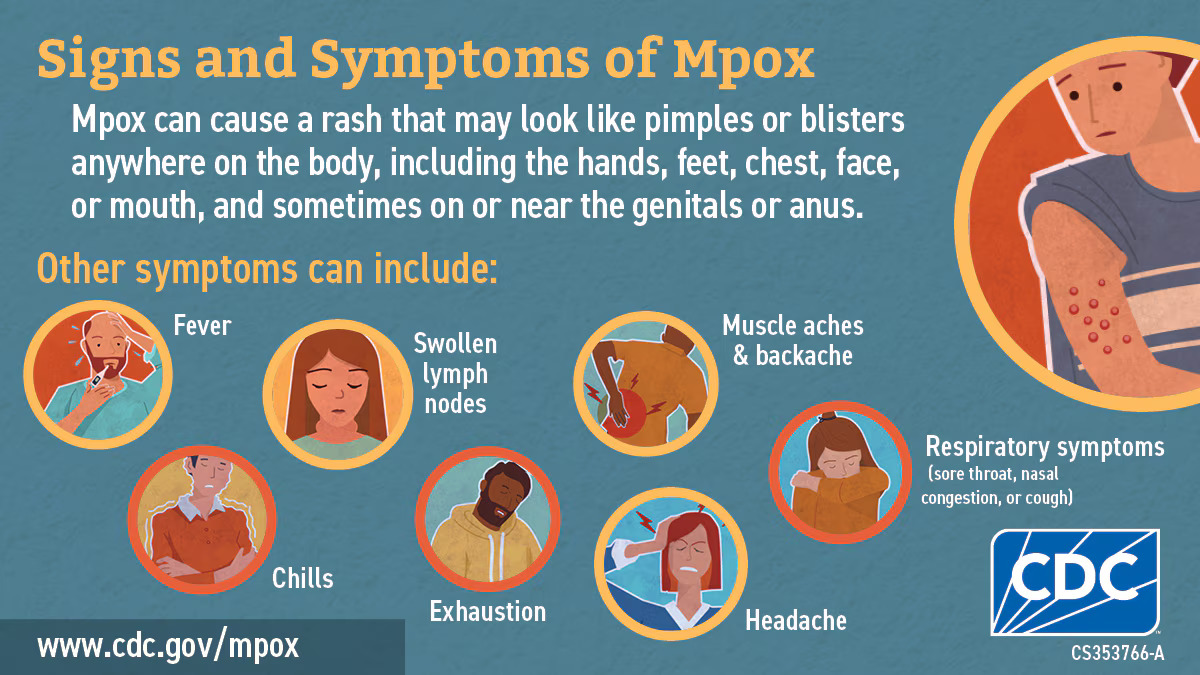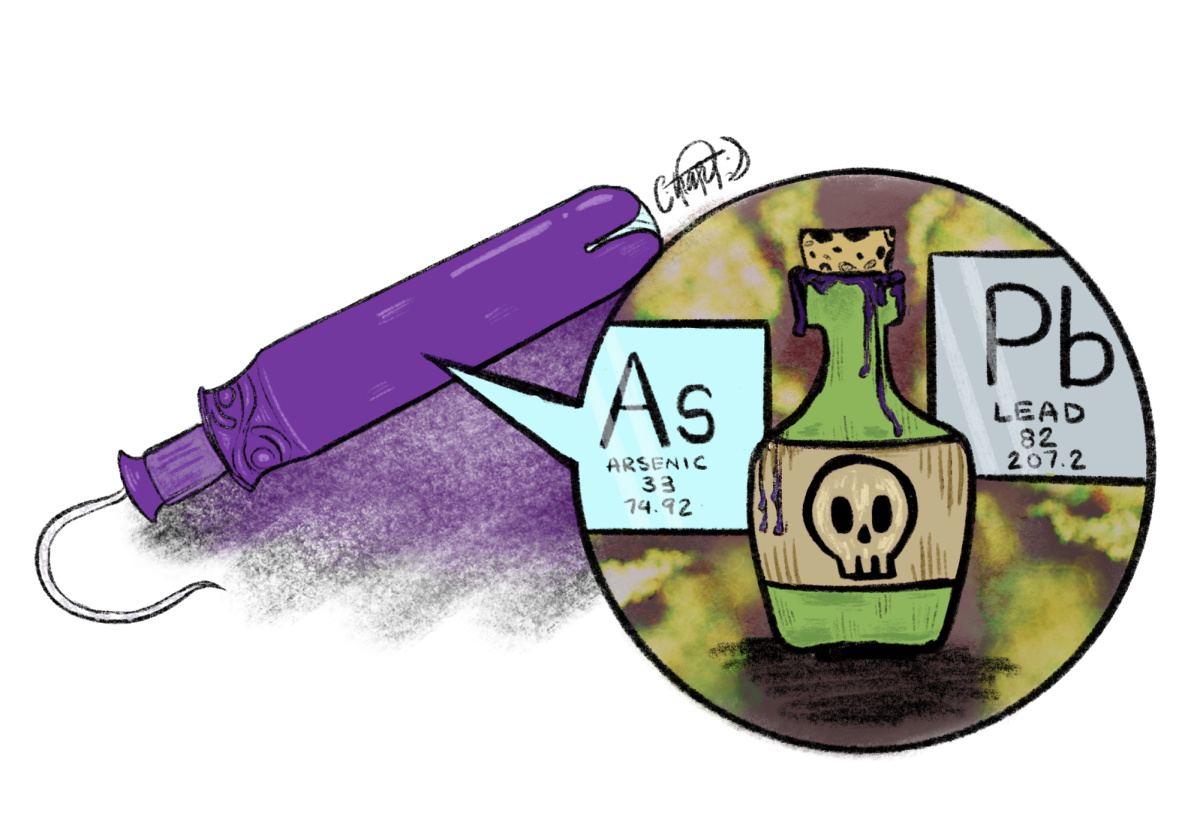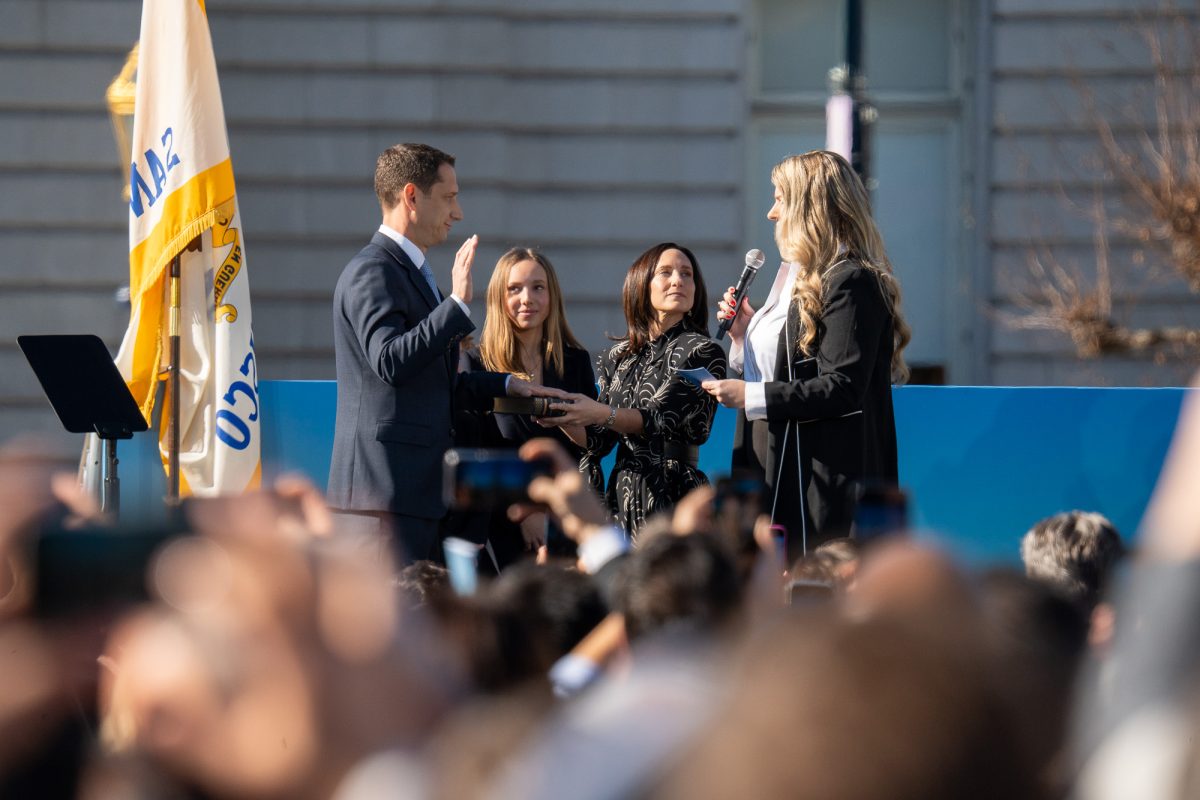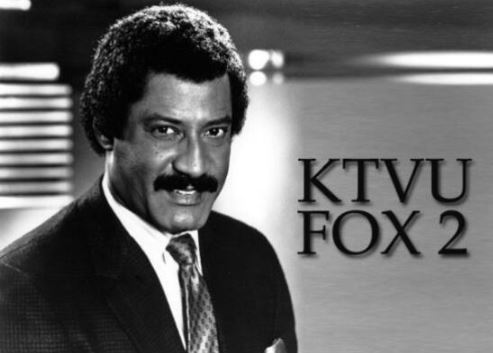Throughout history, African American medical pioneers have played a key role in transforming healthcare, improving access, and advancing medical knowledge.
It is key to have representation from all cultural groups to ensure medical advancements benefit everyone, and these medical providers show the importance of having cultural representation from all groups to ensure medical equity.
Dr. Charles Drew revolutionized the field of blood transfusions. His pioneering work in blood plasma storage and preservation led to the development of blood banks, which have saved millions of lives globally. Despite facing racial discrimination, Dr. Drew advocated for equitable medical practices, ensuring lifesaving blood donations were available to all people.
Madison Avoli ’27 stated, “Prioritizing equity over equality is important because giving equity is giving everyone the same thing but that won’t help everybody as some people have less, so equality is giving people what they need to be successful.”
Dr. Patricia Bath pioneered laser cataract surgery, a procedure that has restored countless individuals’ vision worldwide. She was also the first African American woman to receive a medical patent. Dr. Bath’s dedication to eliminating health disparities worldwide emphasizes the importance of making medical advancements available to everyone.
Chemistry teacher Julia Stricker-Balister said, “There have been advancements made in regards to imaging that allows for clearer images in people with darker skin tones. Imaging is used for a variety of diagnoses such as tumors or just for looking at various organs, arteries, etc, and with darker skin tones absorbing more light, the images would be blurry.”
Thus, medical advancements in imaging for all skin tones improve life expectancies across the world.
Dr. Daniel Hale Williams performed one of the first successful open-heart surgeries in 1893. He also founded Provident Hospital, the first Black-owned hospital in the United States, creating a foundation for inclusive healthcare.
Whitney Smith, an African American nurse shared her insights on these medical pioneers, “Through embodying cultural competency, we must also implement diversifying the healthcare workforce, community engagement initiatives, and addressing historical mistrust through open dialogue.”
These pioneers’ achievements exemplify resilience and innovation, ensuring continued progress in the medical field and equitable healthcare for all.














